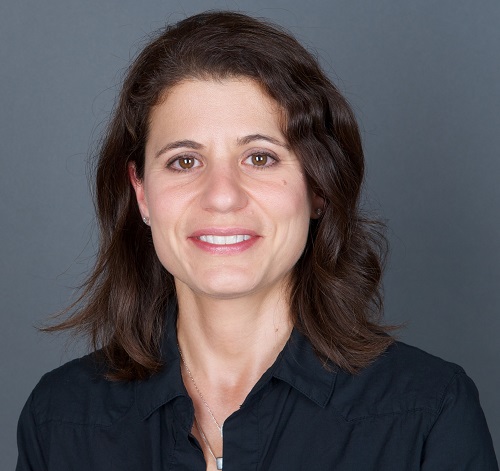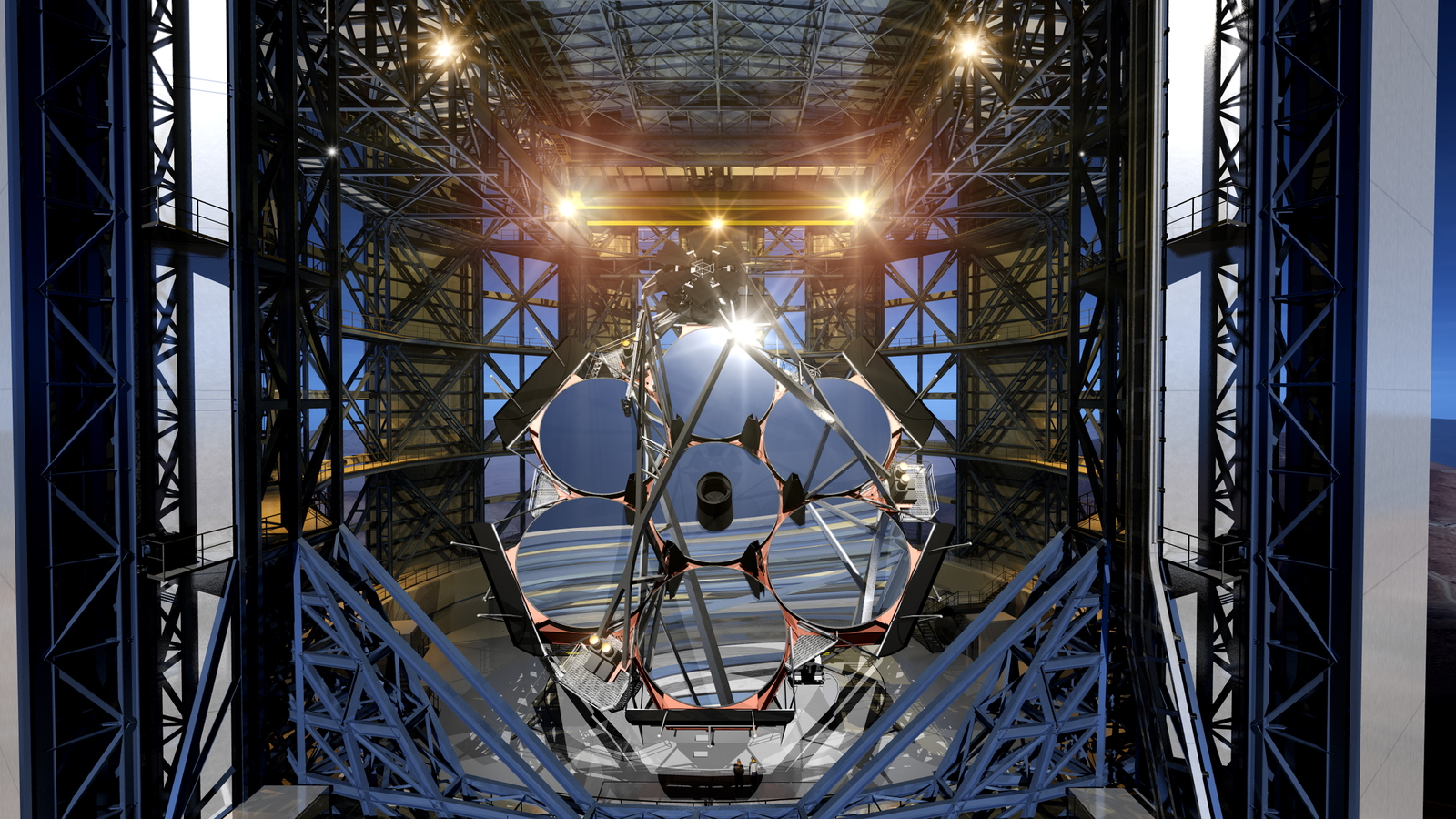Join us to learn about the Giant Magellan Telescope from Carnegie astronomer and GMTO Chief Scientist Rebecca Bernstein. This is the seventh virtual program in a series of online conversations with several of our exciting investigators.
 The Giant Magellan Telescope is one of a new generation of ground-based “Extremely Large Telescopes,” designed to achieve revolutionary new levels of clarity and sensitivity for observing all astronomical objects and phenomena. Using GMT, scientists will be able to explore the origins of the chemical elements, the formation of the first stars and galaxies, and the mysteries of dark matter and dark energy, as well as characterize conditions in planets orbiting other stars. The GMT will collect light using seven of the largest mirrors ever made, and will use cutting-edge technology and techniques to combine that light into a single coherent optical system that will achieve 10 times the angular resolution of the Hubble Space Telescope. The light from the telescope will be fed into scientific instruments—cameras and spectrographs—which will allow scientists to capture, study, and record the it at wavelengths from the near-UV to the mid-infrared and to study objects from our own Solar System to the furthest visible reaches of the universe.
The Giant Magellan Telescope is one of a new generation of ground-based “Extremely Large Telescopes,” designed to achieve revolutionary new levels of clarity and sensitivity for observing all astronomical objects and phenomena. Using GMT, scientists will be able to explore the origins of the chemical elements, the formation of the first stars and galaxies, and the mysteries of dark matter and dark energy, as well as characterize conditions in planets orbiting other stars. The GMT will collect light using seven of the largest mirrors ever made, and will use cutting-edge technology and techniques to combine that light into a single coherent optical system that will achieve 10 times the angular resolution of the Hubble Space Telescope. The light from the telescope will be fed into scientific instruments—cameras and spectrographs—which will allow scientists to capture, study, and record the it at wavelengths from the near-UV to the mid-infrared and to study objects from our own Solar System to the furthest visible reaches of the universe.
Bernstein is the a Staff Scientist at Carnegie and the Chief Scientist for GMTO, where she plays a leading role in ensuring that the observatory and its instruments will enable scientists from the Founder institutions, including Carnegie, to meet the project’s scientific goals. She accomplishes this by interfacing with the technical and scientific community, as well as by representing the project at scientific conferences around the world.
She is an accomplished optical designer and builder of scientific instruments, having designed and built a high-resolution spectrograph for Carnegie's Magellan telescopes and carried out the optical design for several others. Bernstein received her A.B. in physics from Princeton University and a Ph. D. in astrophysics from Caltech. She was previously a Hubble and research fellow at Carnegie held professorships at the University of Michigan and at the University of California Santa Cruz.
